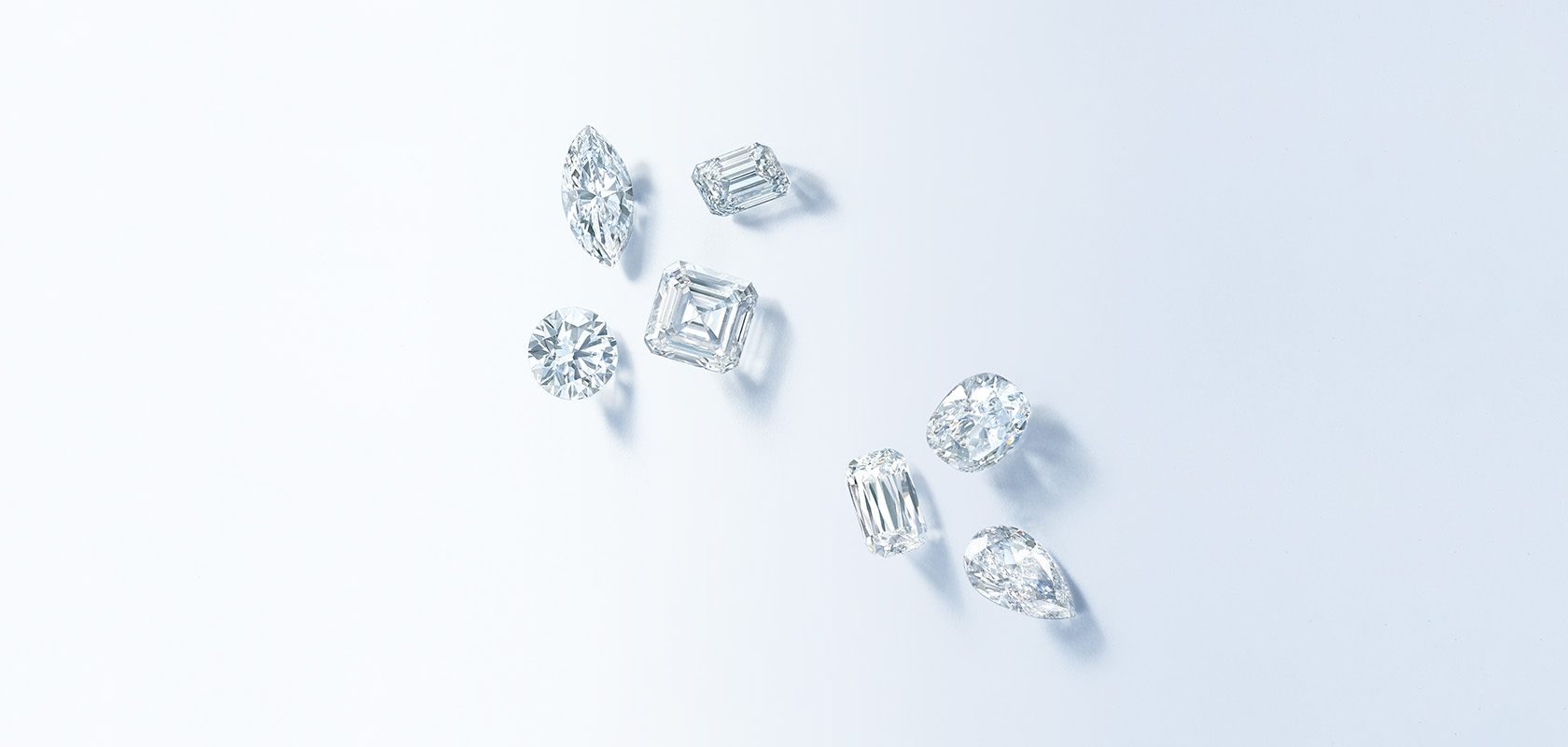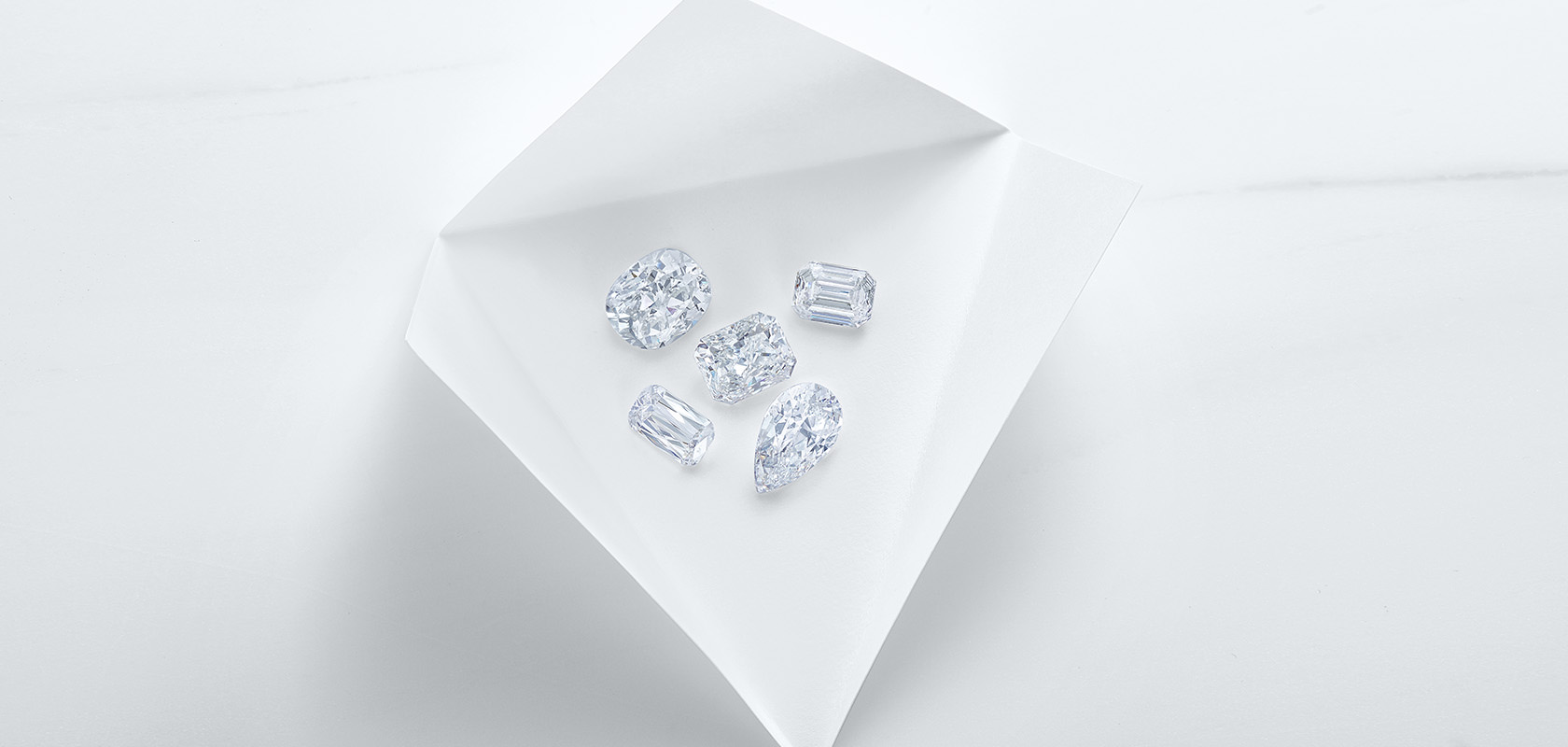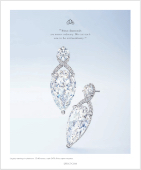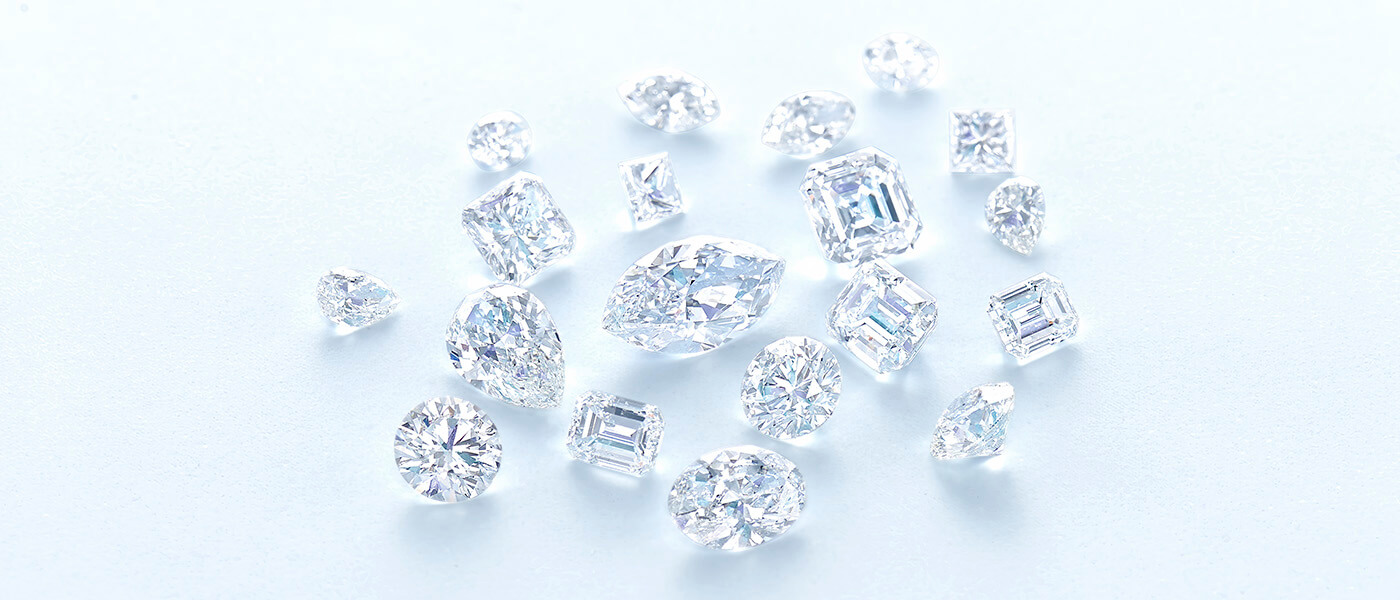Understanding Diamond Laboratories and Grading Reports
When you’re buying a piece of jewelry like an engagement ring, you’ll want to be as certain about your choice of diamond as you are about your choice of life partner. For that reason, it’s important to learn a little more about diamond certification. You’ll hear this term throughout the ring-shopping process, but you might not comprehend what it actually means, why it’s important, or what diamond certification is best.

While there are many diamond-grading laboratories both here and abroad, there is only one that is universally respected and widely accepted as the standard bearer: The Gemological Institute of America, which is known as the GIA for short. The GIA, a nonprofit institute, has been the world’s foremost institution for both gemological research, standards, and education since its establishment in 1931.
When it comes to diamond certification, GIA literally sets the standards that all others follow. GIA’s grading laboratory developed specific systems for evaluating diamond color, clarity, and cut that are used today by the entire diamond trade. GIA diamond certification is the best diamond certification, and the only one that is trusted throughout the world. A natural diamond grading report from the GIA will list all of the details of the diamond you’re considering for purchase, including the carat weight, color, clarity, and cut (known as the “4Cs” of diamonds) along with other important metrics and measurements of a diamond’s quality.
You may have noted earlier when we mentioned there are other diamond-grading laboratories besides the GIA. Some alternate American certifications you may see during your search for a diamond engagement ring include American Gemological Laboratories’ AGL diamond certification, Labtrade’s LG diamond certification, and American Gemological Society’s AGS diamond certification. European certifications that you might encounter include Gemological Science International’s GSI diamond certification, Global Institute of Gemology’s GIG diamond certification, The Certified Gemological Laboratory of Europe’s CGL diamond certification, The European Gemological Laboratory Organization’s EGL diamond certification, and International Gemological Institute’s IGI diamond certification. Others like India’s Gemological Institute & Systems’ GIS diamond certification and Israel’s International Gemological Laboratories’ IGL diamond certification are other possibilities that you may come across as well.

BECOME A KWIAT INSIDER
However, other diamond-grading laboratories classify diamonds with less rigor and fewer protocols than the GIA. Other laboratories’ leniency when grading color, clarity or both, can assign a diamond a falsely inflated grade. These other labs’ diamond certifications can be multiple grades off from a GIA assessment. Inflated grades don’t mean that the diamond in consideration is actually of a higher caliber, it just appears to be a cheaper alternative. Ultimately, this results in a buyer purchasing a poorer quality diamond for the price spent—a grave disappointment and a costly mistake.
If you are not presented with a diamond report from the GIA when buying your ring, we caution you to be extremely wary. If a diamond seller offers you a certificate from one of the non-GIA laboratories listed above or another alternative source, this is a serious concern. While you may not understand all of the nuances between the various lab certificates, a diamond seller does—and will exploit this knowledge to meet their goals, not yours.

This is why we strongly advise you to insist on GIA diamond certification for your own protection and peace of mind before you make a purchase. At Kwiat, all diamonds of 0.50 carat weight and larger are accompanied by a natural diamond grading report from the GIA outlining their details and characteristics.
While it’s worth educating yourself prior to purchasing a diamond engagement ring, it’s also important to understand that you won’t attain expertise overnight—it takes years of training and research to become a diamond specialist. That is why we at Kwiat are here to help you. Kwiat has more than century of experience in the diamond industry and a reputation for excellence, so you can confidently navigate the ring-buying process with our trusted professionals by your side.




